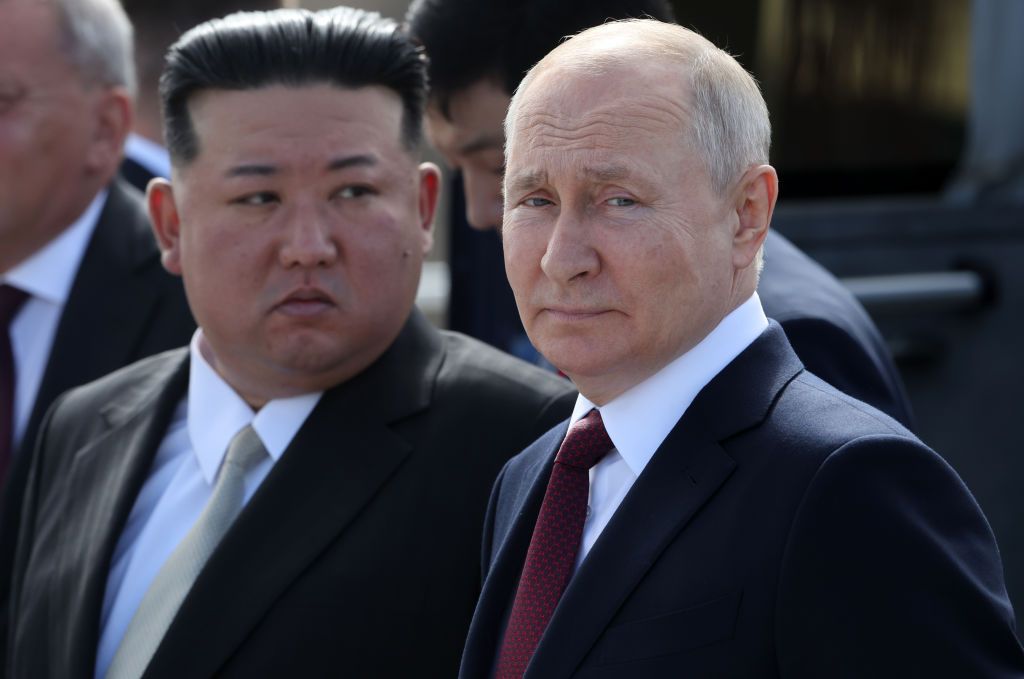South Korea: Pyongyang sent nearly 7 thousand ammunition containers to Russia

North Korea reportedly sent 6,700 ammunition containers to Russia following the Sept. 2023 summit between Russian President Vladimir Putin and North Korean leader Kim Jong Un, South Korea's Defense Ministry announced on Feb. 27.
South Korean Defense Minister Shin Won-sik told the news outlet Yonhap that North Korean munition factories are "working at full capacity" to supply Russia with ammunition. Moscow is providing food and other necessities, including raw materials, in exchange for weapons supplies.
"While North Korea's arms factories operate at 30 percent capacity due to shortages of raw materials and power, certain factories are operating at full capacity, which primarily produces weapons and shells for Russia," Shin announced on Feb. 26.
South Korea estimates that Pyongyang has shipped around 6,700 ammunition containers to Russia since the two leaders met last September. Minister Shin stated that this amount is enough to accomodate three million rounds of 152 mm artillery shells or 500,000 of 122 mm artillery shells.
"It seems that food accounts for the largest proportion (of shipments from Russia), which is believed to have stabilized food prices in North Korea, with other necessities also included," Shin said.
Late last year, South Korean lawmakers said that North Korea had received satellite technology from Russia to support the successful launch of its reconnaissance satellite.
According to Shin, the satellite is merely orbiting without activity. North Korea plans to launch three more satellites this year.
"It remains uncertain to what degree Russia will offer technology related to aircraft and ground equipment sought by North Korea. However, if Russia continues to receive more munitions from North Korea, the scope of technology transfer could increase."
With Russia's military stocks running low and domestic production capacity simultaneously hampered by Western sanctions, it has increasingly turned to other sources for military equipment, including North Korea.
According to U.S. State Secretary Antony Blinken, these military ties are increasingly a "two-way street," in which North Korea provides Russia with military equipment to use in Ukraine.












